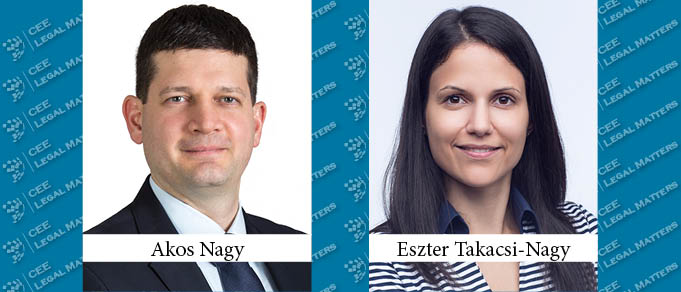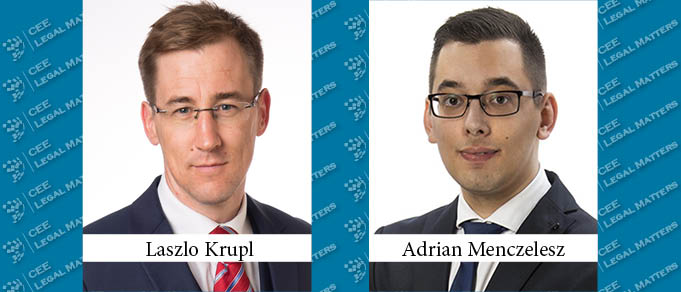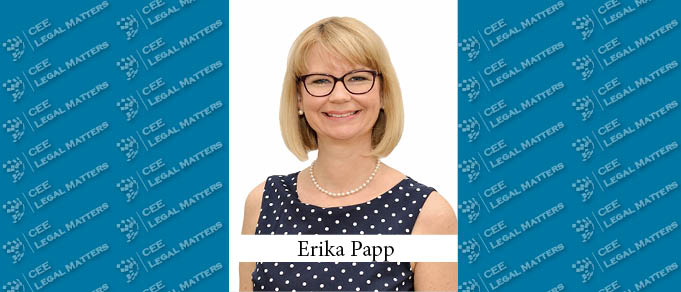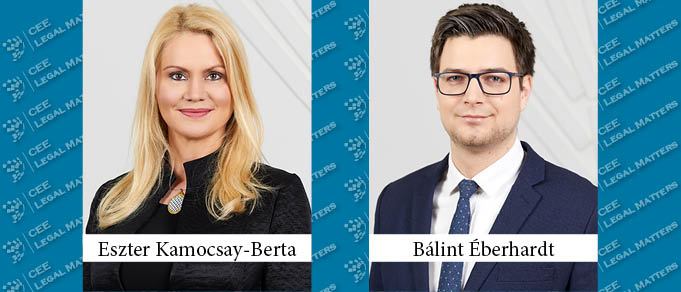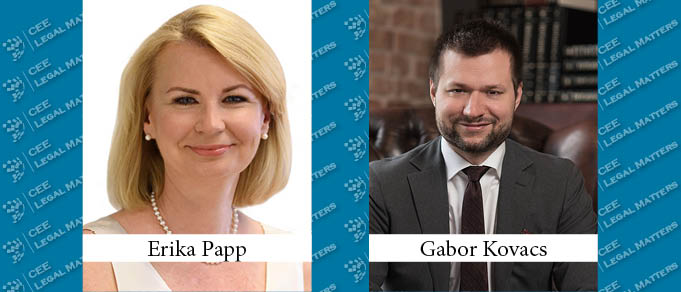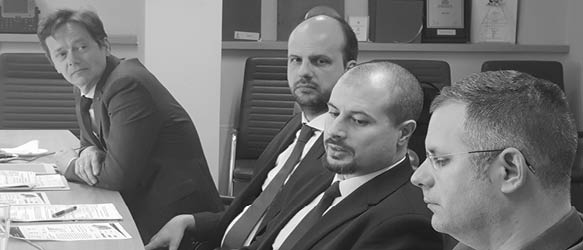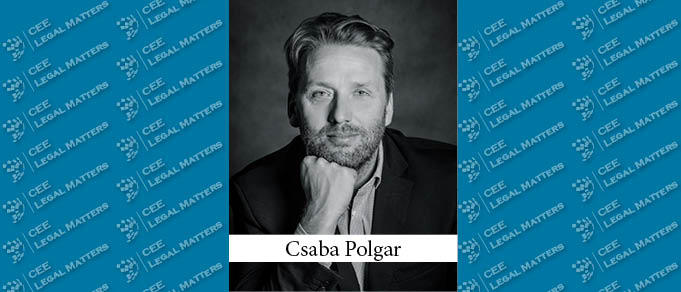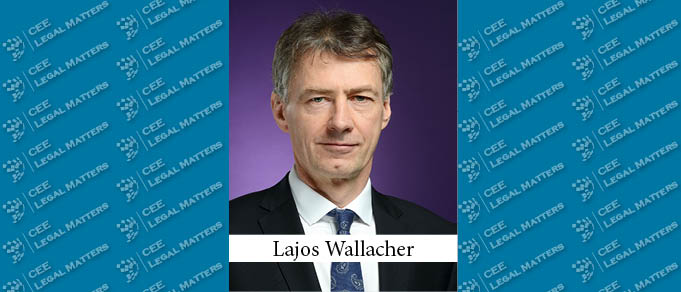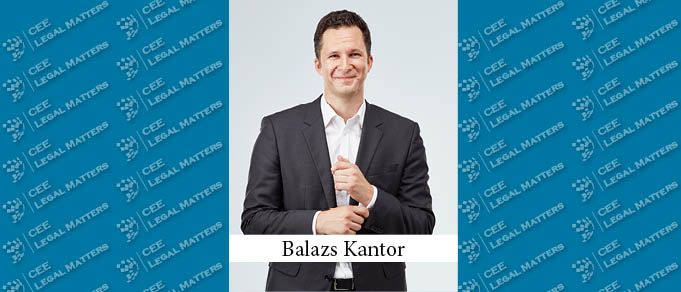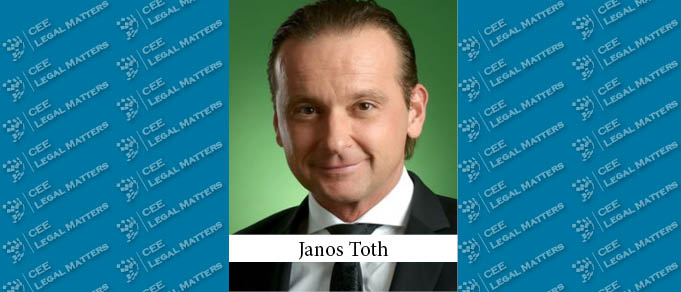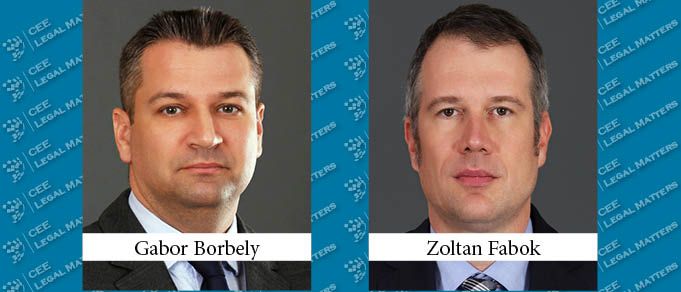In recent years, and for multiple reasons, cyber-attacks against healthcare providers have increased significantly on a global level. First, IT platforms and devices used by healthcare providers have a technical diversity, while sources devoted to an integrated cybersecurity system for these IT platforms are often limited, making the IT systems vulnerable and ideal targets of potential cyber-attacks. Second, health data qualifies as “highly sensitive data,” which is considered very valuable on the black market compared to other types of personal data.
Upcoming Legal Changes Affecting the Real Estate Sector
Market Spotlight - Hungary
The Changing Banking Sector in Hungary and its Legal Challenges
The Hungarian banking sector enjoyed a banner year in 2019, but still faces challenges. Legislative changes are creating more aggressive competition between banks, which in turn are cutting fees and demanding flexible financing structures in order to survive. Although some banks are unwilling to take part in these practices, one thing is certain: All banks must adapt to the new regulatory environment. I’ve outlined some of the major challenges that Hungarian banks face in the near future.
Recent Changes in the Stock Exchange Regulation
On December 27, 2019, several amendments made to the Hungarian capital markets act by the Hungarian Parliament to adhere to the relevant rules of the European Union be-came effective, also making it easier for Hungarian companies to issue bonds under the Bond Funding for Growth Scheme (BGS) by introducing more lenient information and publication rules for issuances.
Hungary’s Private Foundation Act
In the few months since Hungary’s Private Foundation Act came into force on March 29, 2019, it has already significantly grown in terms of financial importance.
Inside Out: Pannonia Bio Bond Issuance
On September 20 2019, CEE Legal Matters reported that BLS had advised Pannonia Bio Zrt. – a company operating a biorefinery in Tolna County, Hungary, that is the largest ethanol plant in Europe – and that CMS Hungary had advised OTP Bank Plc. on Pannonia Bio’s issuance of the first Hungarian forint bond in line with the Central Bank of Hungary’s Bond Funding for Growth Scheme.
The Banks of the Danube: An Interview with Gergely Szaloki of Schoenherr Budapest
The Banking sector in Hungary has been doing well in recent years. Schoenherr Budapest Local Partner Gergely Szaloki walks us through that progress.
Tapping Capital: Sources of and Problems with Financing in the Hungarian Market
The Hungarian financial market finished 2019 in a strong position. Intrigued by what many have described as a “special” year, CEE Legal Matters sat down with several of the nation’s leading Banking/Finance lawyers at Lakatos, Koves & Partners’ offices in Budapest to learn more.
Guest Editorial: Triple Bottomline Impact – Time to Change
Sounds frightening, huh? When I first encountered this expression a couple of years ago, I thought it was one of those buzzwords that had been created by accountants or other financial wizards to tackle invasively curious tax administration people. “Bottomline” also sounded familiar: that is the very last figure in your financial statements; the one that interests you the most.
The Corner Office: 2020 Initiatives
In The Corner Office we ask Managing Partners across Central and Eastern Europe about their unique roles and responsibilities. The question this time around: What major initiative or new plan does your office (or firm) plan – if any – for 2020?
The Activity of the Arbitrator Under Hungary’s New Arbitration Act
The extent to which a judge may be active in obtaining the facts necessary to adjudicate a dispute or in finding the legal norms on which a decision is based is a fundamental question of any legal proceeding. Can judges invite the parties to present facts which they consider essential? Or can a judge tell the parties that in his or her view the dispute can be settled on the basis of legal provisions which they have not invoked? These fundamental questions apply to arbitrators as well. In this respect, does arbitration give arbitrators a smaller or greater role than that which judges have? Perhaps surprisingly, arbitrators may in fact have stronger powers in this respect than state-authorized judges.
Capital Markets in Hungary
Contributed by Kinstellar.
CEELM Covid-19 Comparative Legal Guide: Contracts in Hungary
Contributed by Nagy es Trocsanyi
Talking Tax
Balazs Kantor, the Head of Tax at Lakatos, Koves & Partners in Budapest, discusses his career and his role in creating a leading practice in Hungary
Marketing Law Firm Marketing: External PR Firms
Law Firm Marketing experts from across the region answer the question: “What is your experience of working with an external public relations firm?“
How Long Does BIM Have to Wait in Hungary?
Contrary to all expectations, Hungary still does not require the use of building information electronic modelling (BIM) tools in tenders for public works contracts, despite the excitement in the construction industry about the possibility that the tools would be made mandatory as early as 2014.
The Corner Office: Legal Tech
In The Corner Office we ask Managing Partners across Central and Eastern Europe about their unique roles and responsibilities. The question this time around: What was the most useful or valuable piece of software or new technology your firm has acquired in the past five years?
Quo Vadis Hungarian Insolvency Laws?
The organic development of the Hungarian insolvency laws was interrupted by the era of the socialist planned economy, which ended in 1990. The novel Insolvency Act of 1991 (IA) may have satisfactorily served the economy in the first years of the transition period, but due to the profound changes in the socio-economic environment in subsequent years, the statute has become obsolete. Successive governments over the past three decades have made multiple efforts to keep the IA up-to-date and to follow the numerous demands made by the various players of the market and interested legal professionals, but the more than one hundred (!) amendments have rendered the system opaque and relatively difficult to use.

